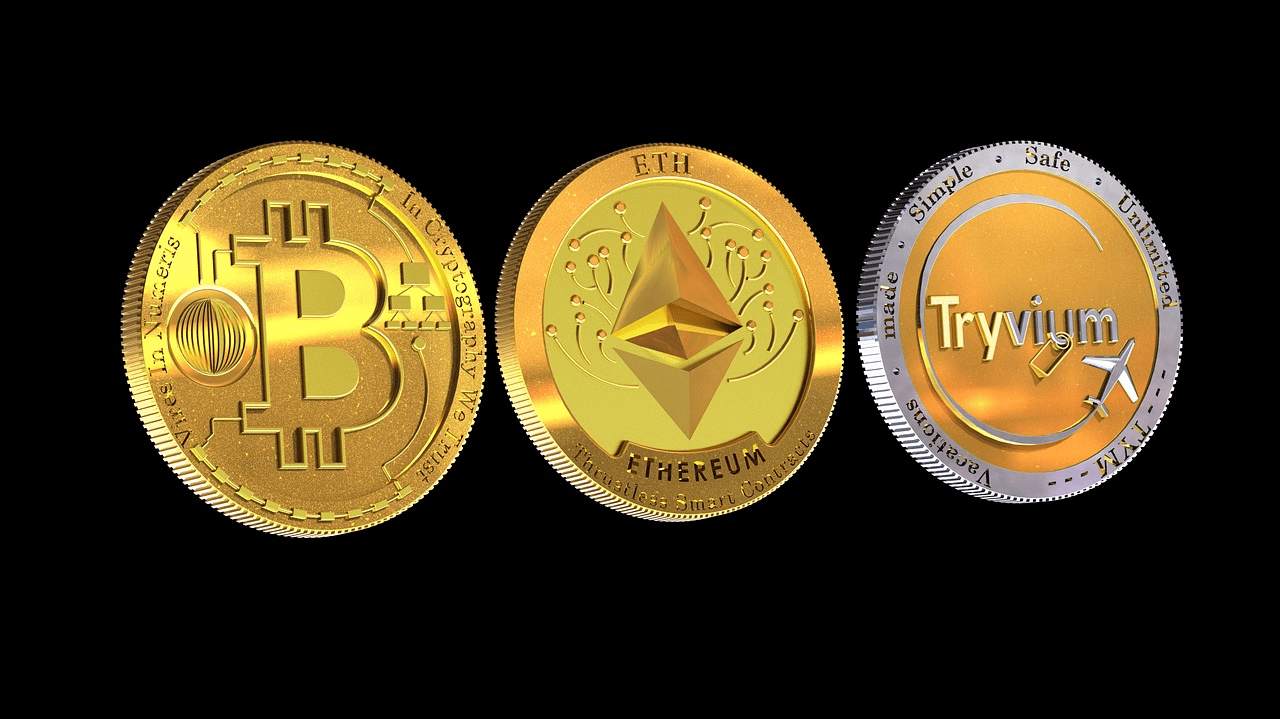Just this morning, the cryptocurrency market dropped a heavy bomb: Bitcoin's market capitalization surpassed $2.45 trillion, officially knocking e-commerce giant Amazon off its throne as the sixth largest asset by market value in the world. This is not just a simple number game—it's worth noting that just six months ago, it had just surpassed Tesla and Meta, and now it has stepped further on the shoulders of traditional giants. As an analyst deeply involved in the crypto field for ten years, I can say: this marks that crypto assets have completely moved from being 'fringe toys' into the mainstream view, and a reconstruction of wealth rules is unfolding.

Many people are puzzled: how can Bitcoin challenge Amazon? It’s important to know that Amazon is a commercial empire controlling the lifeblood of global e-commerce, while Bitcoin is just a string of code. But data doesn’t lie: over the past three years, global inflation has been high, the Federal Reserve has been printing money madly, traditional asset volatility has surged, while Bitcoin, with its scarcity design of a total of 21 million coins, has become 'digital gold' in the eyes of institutions against the depreciation of fiat currency. Holdings by Wall Street giants like Grayscale and BlackRock continue to rise, and the Bitcoin reserves of publicly listed companies have surpassed tens of billions; these capital flows have directly driven a leap in market capitalization.
More crucially, it's the shift in market perception. Five years ago, when people mentioned Bitcoin, they thought of dark web transactions; now, publicly listed companies are including it in their balance sheets, countries are exploring central bank digital currencies, and even ordinary investors are starting to incorporate Bitcoin into their asset allocation. This transformation from a 'speculative target' to a 'value storage tool' is the core logic behind Bitcoin's ability to consistently break through market capitalization ceilings. Amazon's market value relies on e-commerce growth and cloud service profitability, while Bitcoin's market cap growth depends on global recognition of decentralized value consensus.
But don't get too excited; the volatility of the crypto market is always beyond imagination. When Bitcoin broke through $20,000 back in the day, there was also cheering, but it subsequently plummeted by 80%. This time surpassing Amazon is both a milestone and a new challenge: Will regulatory policies tighten? Will institutional funds take profits and exit? These are all risk points that need to be wary of.
However, in my view, short-term volatility does not obscure the long-term trend. When Bitcoin's market capitalization can compete with Amazon, it signifies that crypto assets have gained significant market voice. What we should pay more attention to next is: will the next to be surpassed be Google or Microsoft? Which crypto tracks will institutional funds continue to invest in? How should ordinary investors seize opportunities in this transformation?




